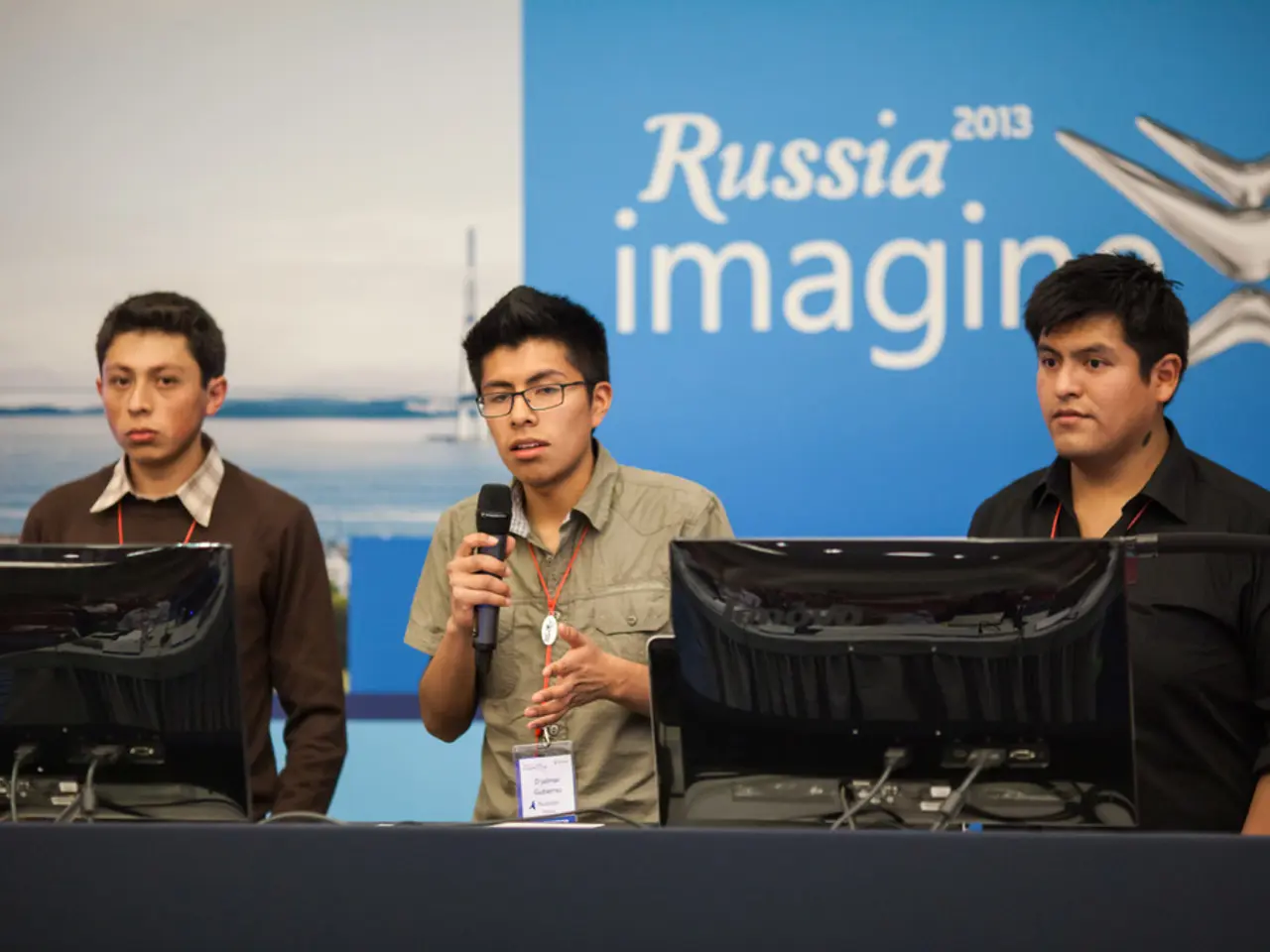Russia and Ukraine firmly stand by their respective demands as preparations for the anticipated Putin-Trump meeting are in progress.
In recent talks in Istanbul, Russia presented Ukraine with two options for establishing a 30-day ceasefire, one of which demanded Ukraine withdraw its forces from four regions Moscow illegally annexed. However, the key points in the proposed peace deal between the two nations are shaping up to be more nuanced.
The Ukrainian memorandum, presented to Moscow, emphasised the need for a full and unconditional 30-day ceasefire to set the stage for peace negotiations. The deal reportedly includes a potential ceasefire with minor land swaps, neither Ukraine nor the West recognising the 20% of Ukraine occupied by Russia as Russian territory, while agreeing not to try to retake it by force. Russia would acknowledge the 80% of Ukraine still controlled by Kyiv as free, sovereign, and independent.
Ukraine would have the right to self-defense and the freedom to choose its future alignment, including joining the European Union. NATO would stop aiming to offer Ukraine membership and agree to limit NATO troops and weapons in Ukraine. The United States and allies would gradually ease economic sanctions on Russia as the deal is implemented.
However, Russian President Vladimir Putin has maintained uncompromising demands in the war in Ukraine, demanding Ukraine declare its neutral status between Russia and the West, abandon its bid to join NATO, limit the size of its armed forces, recognise Russian as an official language, ban the "glorification and propaganda of Nazism and neo-Nazism", and dissolve nationalist groups.
Putin's position has weakened, as Trump has suspended new sanctions for now, limiting leverage to compel Putin to negotiate seriously. Experts warn that if Trump agrees to a flawed deal unacceptable to Ukraine and NATO, it could fracture transatlantic unity and potentially end US support for Ukraine, risking Putin’s domination over Ukraine.
Some analysts advise that to strengthen negotiating positions, Trump should reinstate some sanctions on Russia and increase arms support to Ukraine to pressure Putin to negotiate in good faith. Tatiana Stanovaya of the Carnegie Russia and Eurasia Center argued Putin wouldn't budge on his goals, stating that the Russian side can frame negotiations in a dozen different ways, creating the impression that Moscow is open to concessions and serious negotiation, but the core position remains unchanged: Russia wants Kyiv to surrender.
Despite these challenges, Ukrainian President Volodymyr Zelenskyy has stood firm in his positions, agreeing to a ceasefire proposed by Trump while reaffirming Ukraine's refusal to abandon seeking NATO membership. The likelihood of this peace effort succeeding remains uncertain, with Tatiana Stanovaya predicting it will likely fail once again.
As the negotiations continue, the world watches with bated breath, hoping for a peaceful resolution to the conflict in Ukraine. The proposed peace deal hinges on a balanced framework recognising Ukraine’s sovereignty while freezing current territorial control, but Russian maximalist demands and Putin’s reluctance complicate progress. A Putin-Trump summit may open communication channels but so far has not overcome key impasses or improved Russia’s willingness to accept a ceasefire without concessions. Trump’s diminished leverage complicates prospects for a durable peace deal without stronger coordinated pressure from the West.
Read also:
- Court petitions to reverse established decision on same-sex marriage legalization
- Daily Perspectives on Donald Trump's Presidency
- Tawee replaced by Chusak in charge of DSI's operations
- Texas Department of Public Safety establishes hotline to locate Democrats who abandoned the state during redistricting controversy








